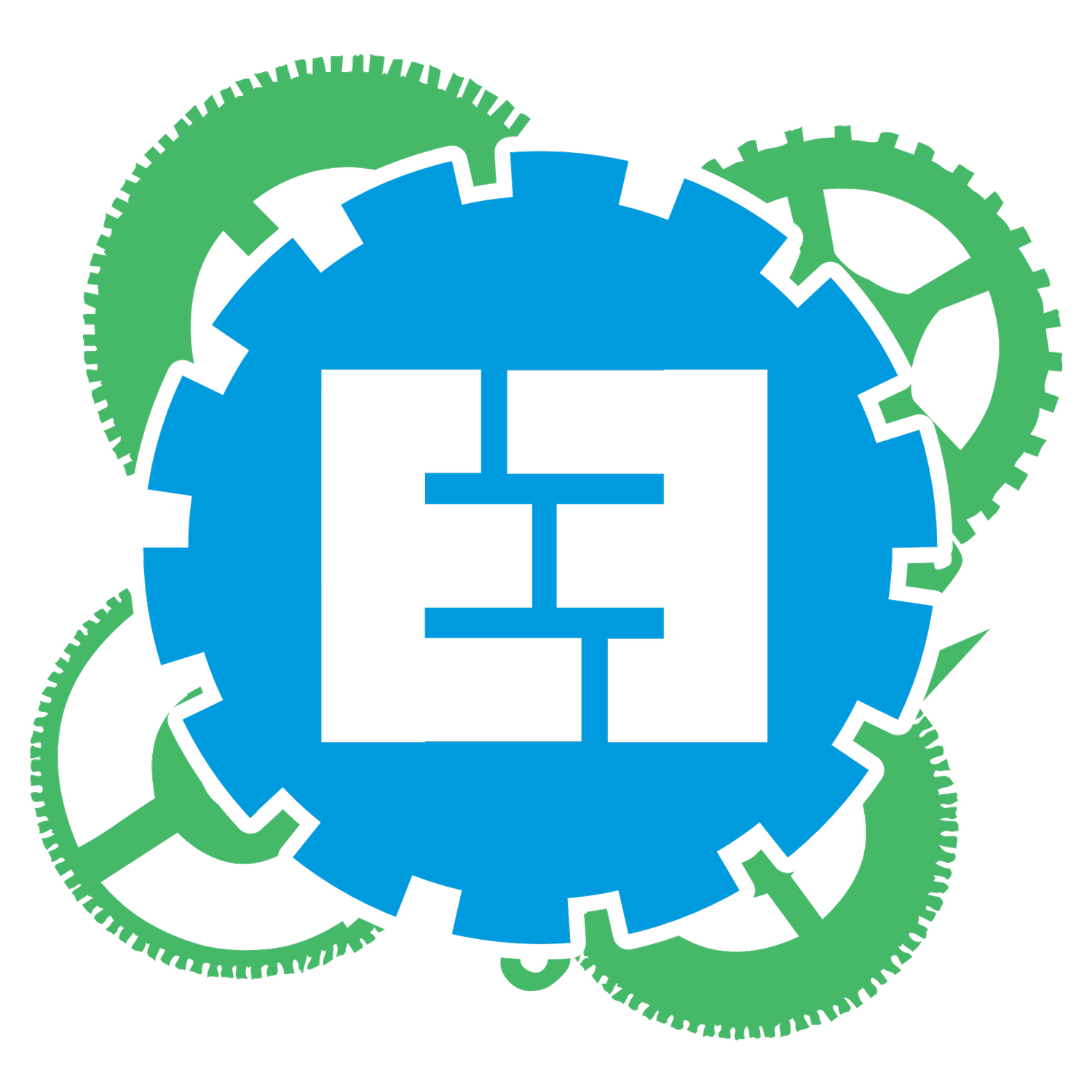Hospital Sleep Tracker
The Need
Caregivers and nurses often have to watch over several patients at once. When patients are asleep, nurses have to wake them to administer medications and prevent bed sores. Patients, like many people, are often difficult to wake and become grumpy or groggy if forced out of a deep sleep. If patients' sleep is tracked, caretakers can identify and take advantage of light sleep cycles to wake patients. Studies have shown that sleep quality is closely linked to immune system function, susceptibility to diabetes and a host of cardiac diseases, and mental function.There are currently no cost-effective sleep tracking devices on the market for healthcare environments like hospitals and nursing homes. Integrating a means of sleep tracking would empower care providers to consider sleep duration and quality as an additional patient metric to improve the quality of care they deliver.
The Project
The group developed a sleep tracking system composed of a 3-axis accelerometer that reports motion data to a wireless microcontroller. The system is designed to be secured permanently to a mattress, where it monitors a patient’s body movements, reports whether or not the patient is sleeping, and if they are, estimates the stage of sleep. Designed for permanence, the tracker requires no setup between patients after it is initially installed.
Current Status
The hardware is complete and the group is developing software algorithms that make sense of the raw data they are now collecting. They have begun working with Northeastern’s IDEA entrepreneurship organization to understand the market, gauge interest in the product, and plan next steps.

